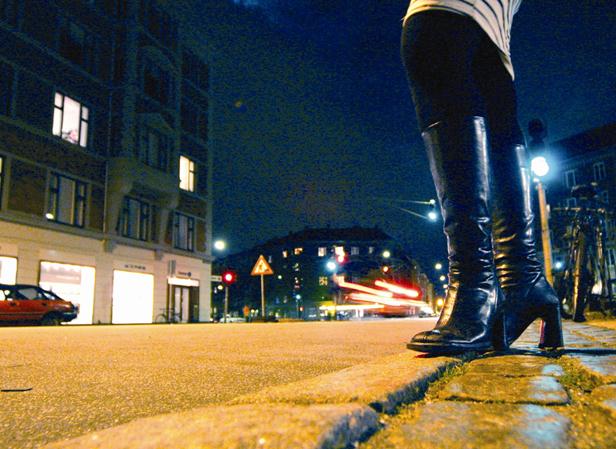
Ashley Mears, a sociology student at NYU, was so fascinated by the modeling industry that she decided to become a model, to understand it from a sociological perspective. She published her findings in Pricing Beauty: The Making of a Fashion Model , and, as Slate reports, some of her findings include:
, and, as Slate reports, some of her findings include:
- 20% of the models in one small Manhattan based agency were in debt to the agency. Models from other countries seemed especially prone to this problem, as they often owed the agency up to $10,000 for international visas, tickets, and other such expenses.
- It’s a winner-take-all market in which the top models are handsomely paid while the rest have to scrounge around for low paying jobs. Interestingly the most glamorous, jobs such as shoots at Vogue pay meager amounts, or might even require the model to pay for some expenses such as travel.
- Models that take more high paying jobs are known as “money girls”. Those who take too many of these jobs are frowned upon by the industry and find it difficult to make it back into the more glamorous side of fashion.
- One modeling agency compares models to grocery store milk, noting that you wouldn’t buy a carton of milk that would expire tomorrow. They thus encourage models to lie about their age. Once you hit 23 it’s probably time to retire.
To find out exactly how much Ashley Mears was able to make as a model, as well as what it takes to be a winning model according to experts, and the 52 year old who made $500 an hour click here.
Source: Slate










Join the Discussion! (No Signup Required)